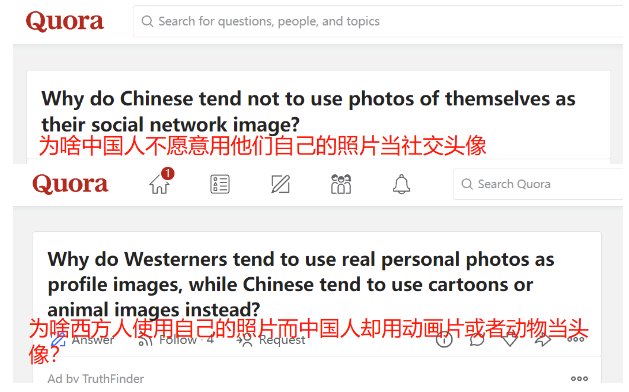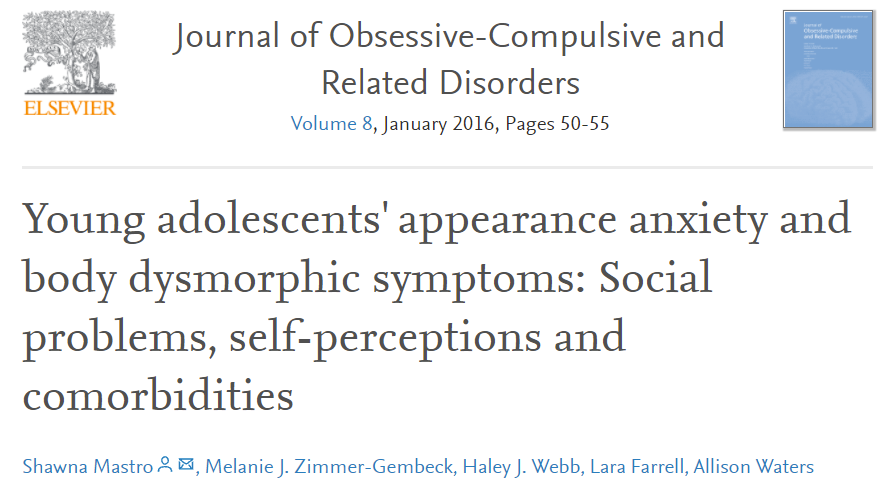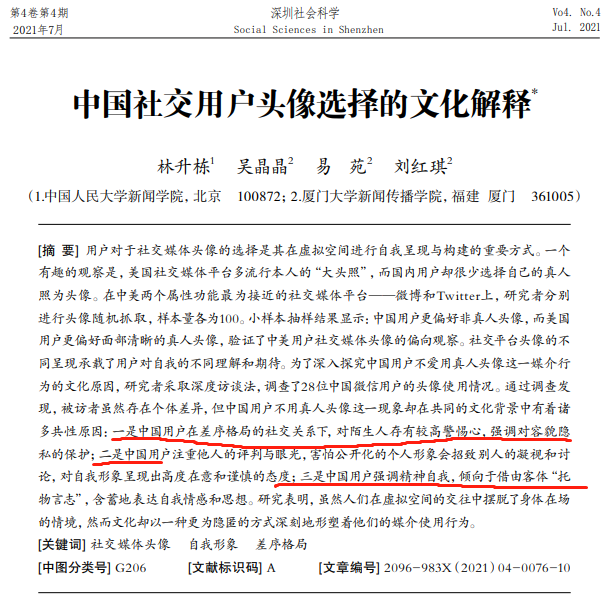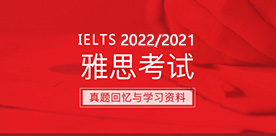為什么中國人社交頭像大多不是本人,而外國人卻喜歡用自己的真實照片?
2022/5/25 14:33:34來源:新航道作者:新航道
摘要:前段時間,刷抖音,刷到好幾個老外都在講一個話題:“為什么中國人社交軟件不用自己的照片當頭像?”有個老外就說了:“你看中國人他們的微信或者什么的,頭像都是些什么動畫片、花兒、或者天空,名字也不是自己的名字,而是什么‘天天開心’,還有一些我根本不認識的很奇怪的名字。”
前段時間,刷抖音,刷到好幾個老外都在講一個話題:“為什么中國人社交軟件不用自己的照片當頭像?”
有個老外就說了:“你看中國人他們的微信或者什么的,頭像都是些什么動畫片、花兒、或者天空,名字也不是自己的名字,而是什么‘天天開心’,還有一些我根本不認識的很奇怪的名字。”
別的我不說啊,這就跟大家的家庭群總有叫“幸福一家人”“相親相愛一家人”“歡樂一家親”之類的名字的,你的微信好友里,總有一個叫“serendipity”的,是吧?
而這個問題,國外版“知乎”Quora幾年前就曾有網友討論過。

下面有很多回答,有些人說是因為“中國人注重隱私”,“中國人是即便長得好看也覺得自己長得不好看,西方人可能是自己長得一般也會覺得自己長得好看。”
Chinese take privacy seriously.
Also, a Chinese person may think they look ugly even though they don't. Westerners often think they look good/beautiful even when they don't.
有人說是因為“很多中國人都不喜歡自己的長相,所以才隱藏起來。”
As a Chinese, I believe in some sense, lots of Chinese don't like how they look so they tend to hide it from public forum. | don't really think it has anything to do with privacy though.
還有人說是因為社交軟件上會添加陌生人,出于“安全考慮”所以才不使用真實照片。
I never use my photo, and neither do most of my friends.
From my point of view, I don't use my photo for safety reasons. As Yuan Liu has mentioned, early forms of social softwares in China such as QQ are designed for communication between strangers, so it would be unsafe to use a photo of oneself.
Though WeChat is mainly used among acquaintances, there are still chances when we encounter strangers, advertisers and even swindlers. Some people you don't know would find you and ask you to add them to your friend list. For example, if a male stays in an inferior hotel, it is likely that prostitutes will find him on WeChat. Of course you can just ignore them, but they can see your photo (if you use one as an image) by using the " people nearby" function.
但是對我個人而言,我比較贊同以下這位答主的回答。
It can be quite a big question. I'm 25 now, and yes, I just went through all my contacts on WeChat, and no surprise, only very few of them use their own photos as profile images. And all through these nearly ten years of me personally using social networks,I don't think I ever used my own pictures as profile images either, although I did change them many times in the past.
I still can't say there is a certain explanation after I read all the other comments. I don't care much about whatever personal info in this scenario, and I believe many others don't either. Everybody knows that personal info protection in China sucks as f**k, at least worse than in the West. Avoiding your own photos does not do positive. And appearance speaking, those people with really good looks also tend not to use their own photos apparently. But I do admit Chinese people are inclined to il-comment their appearances.
Still, seemingly, a more proper explanation for this could be Internet culture heritage/evolution. As for me, the most direct flicker when I set up my profiles is to self- express. People use these images to express their ways of life, their attitudes,current addictions, things they like and wanna share, or even just something nonsensical but really hilarious like memes. I take all those whole starting points as the roots beneath. (especially for young people)
Of course, you can still use your own photos, and that's still 100% normal. But the sense of being interesting could largely wane and makes you look a lttle bit too formal. Maybe we just don't take it seriously and want to amuse this whole thing.(Sometimes, I do find the Chinese internet world is funnier and more entertaining than that of the English world, but far less critical and academic on the other hand.)
appearance anxiety
And appearance speaking, those people with really good looks also tend not to use their own photos apparently. But I do admit Chinese people are inclined to ill-comment their appearances.
就外表而言,那些長相很好的人顯然也傾向于不使用自己的照片。但我承認,中國人傾向于對自己的外表進行不好的評價。
從“A4”腰到漫畫腿,從鎖骨放硬幣到反手摸肚臍,從高顱頂?shù)骄`耳,互聯(lián)網營銷和輿論對女性的外貌審美越來越苛刻和單一。然而“顏值內卷”的對象不僅僅是女性,根據(jù)媒體報道,中國男性也面臨著脫發(fā)的焦慮,2020年爆火的網劇《隱秘的角落》中秦昊飾演的張東升,就因脫發(fā)而產生自卑和容貌焦慮。
有調查顯示,完全沒有容貌焦慮的人僅占23.6%

在《Young adolescents' appearance anxiety and body dysmorphic symptoms: Social problems, self-perceptions and comorbidities》這篇文章中提到,在10-13歲的青少年中,有9%的青少年存在非常嚴重的容貌焦慮。
“我的朋友”谷愛凌在“容貌焦慮”這件事上的態(tài)度就非常正向。之前在抖音上有個網友嘲笑一個博主的身材,“我的朋友”看到后留言評論:“只有不自信的人才去嘲笑別人。每個人的身體都不同,如果我們沒有個性就太沒意思了。我希望你能有一天能學習和這個漂亮姐姐一樣享受自己的生活。”
body shame 身材焦慮
牛津詞典對“body shame”的解釋為:to criticize someone based on the shape, size, or appearance of their body(根據(jù)某人的身材、體格、外表來批評對方).
美國演員亞當·羅亞(Adam Roa)就曾在演講上表達自己的身材焦慮:
When I looked in the mirror, my voice was quite clear: you're ugly; you're too thin; your hairlines recede and you got a pit bull on your chin.
當我照鏡子的時候,我的聲音很清楚地說:你太丑,你太瘦,你的發(fā)際線已經后移了,你有雙下巴。
We live in a consumerist society, which means they need you to buy stuff, and the easiest way to sell it is to tell you you're not enough. And we're seeing it so much that we start believe in these lies.
我們生活在一個消費主義社會,這意味著他們需要消費,而最簡單的銷售方式就是告訴你不夠好。聽多了以后,我們就開始相信這些謊言了。
But the truth is the makeup they're selling and make you feel prettier is the same makeup you buy to stop feeling shittier about this lie.
但事實是,他們賣的那些所謂讓你變美的化妝品,只是讓你不再為他們的謊言焦慮的安慰劑。
舉個例子
Young people are very sensitive about their appearance.
年輕人對自己的外貌很在意。
personality emerges
As for me, the most direct flicker when I set up my profiles is to self-express. People use these images to express their ways of life, their attitudes, current addictions, things they like and wanna share, or even just something nonsensical but really hilarious like memes.
對我來說,設置個人資料時最直接的觀感就是自我表達。人們用這些圖像來表達他們的生活方式、態(tài)度、當前的嗜好、他們喜歡和想分享的東西,甚至只是一些荒謬但真正搞笑的東西,比如表情包。
“作為真正的‘網絡原住民’和中國的新生代,當代青年正以個性化的銳氣點染自己的文化底色,構筑出獨特的話語體系”,無論是在生活中,還是學習上或者工作中,當代年輕人更愿意也善于表達自己的觀點,展露自己的個性。
廈門大學新聞傳播學院副院長、教授林升棟博士曾針對“為什么中國人在社交軟件上不使用真實照片做頭像”這個問題發(fā)表過一篇文章。他認為社交媒體頭像是用戶在虛擬空間自己表達和構建的重要手段,也是其他用戶判斷其身份、個性的基本線索。

社交平臺上的頭像可以傳遞個人的性格:頭像特別漂亮的網友,一般性格比較外向,同時,他們頭像的顏色也是最豐富的;搞笑、有點瘋癲性格的人,一般選擇更簡單、色彩較為單一的頭像;搞笑性格的人不愿意把自己的臉作為頭像,即便把臉作為頭像,表情在總體上也缺乏積極的情緒。
you do you 做自己
英文中有句話叫做“you do you”,可以理解為“做自己”,英文釋義為:
used to say that someone should do what they think is best, what they enjoy most, or what suits their personality.
油管上有一個視頻博主說,中國的處事原則是“You do you, I do me.”
這位小哥叫Cyrus Janssen,中文名叫王德中,目前生活在溫哥華,曾在中國生活過十年的他嘗試著用視頻博客的方式向中美兩國網民傳遞友好、消除誤解。
兩年前談及美國國務卿蓬佩奧一系列涉華言論時,Cyrus說:“Everytime Secretary of State Michael Pompeo opens his mouth, the Chinese people love their country even more.(蓬佩奧一張口,中國人更愛國。)”
Cyrus字視頻里說:“China's basically saying, you do you, I do me. We just don't want your form of government to come into our country because we have proven to the world that we have a unique way of doing it and it's acturally working.”
可以理解為:中國的處事原則是各司其職,各安其位,各盡其責,各得其所。中國已經向世界證明中國特色社會主義道路是正確的。
大家覺得中國人不愛用真實照片做頭像的原因是什么?評論區(qū)分享你的觀點?我先來,微信我會用自己的照片,但是微博什么就不會了,出于安全考慮!
最后照例留下一個問題:“ill-comment”是不好的評價,那“ill-use”是啥意思?
免費獲取資料
熱報課程
- 雅思課程
| 班級名稱 | 班號 | 開課時間 | 人數(shù) | 學費 | 報名 |
|---|
免責聲明
1、如轉載本網原創(chuàng)文章,情表明出處
2、本網轉載媒體稿件旨在傳播更多有益信息,并不代表同意該觀點,本網不承擔稿件侵權行為的連帶責任;
3、如本網轉載稿、資料分享涉及版權等問題,請作者見稿后速與新航道聯(lián)系(電話:021-64380066),我們會第一時間刪除。
全真模擬測試
雅思動態(tài)

雅思高級詞匯作文模板范文
制作:每每







